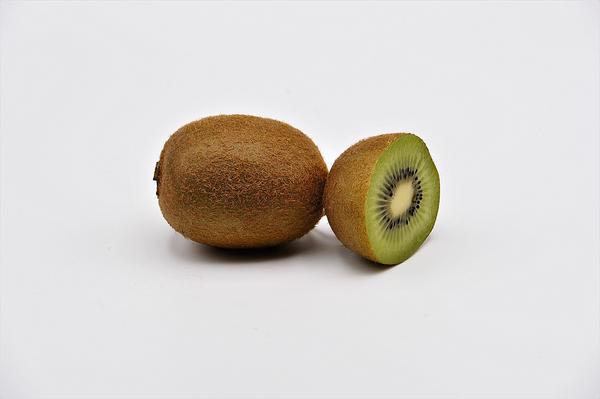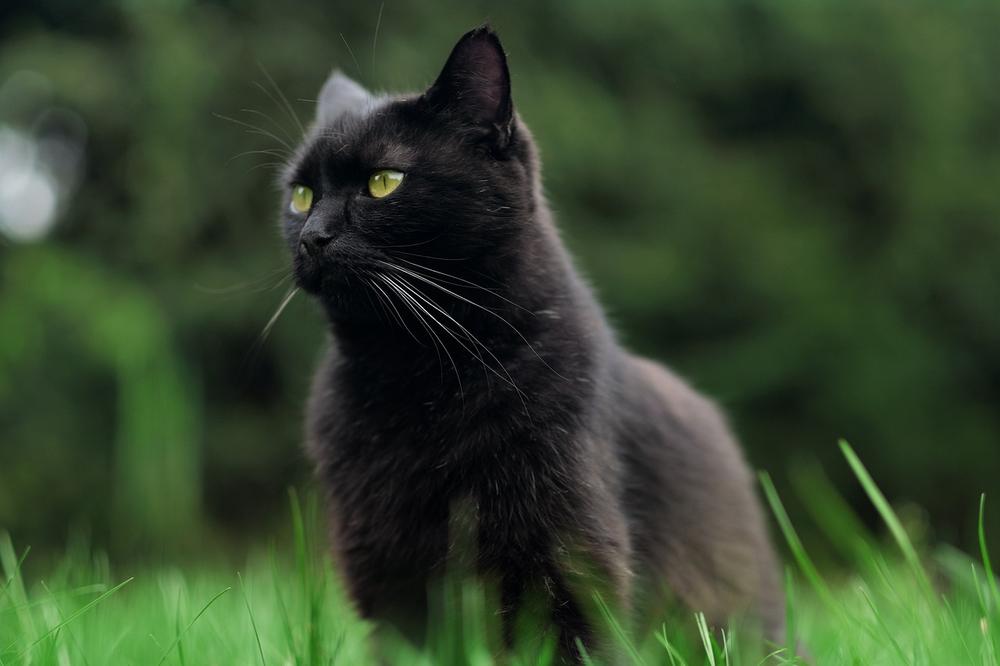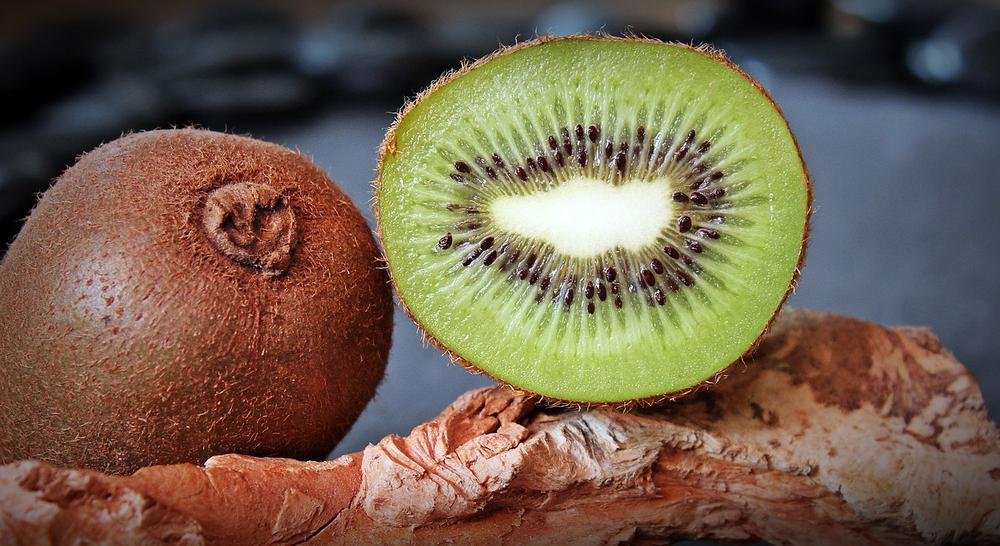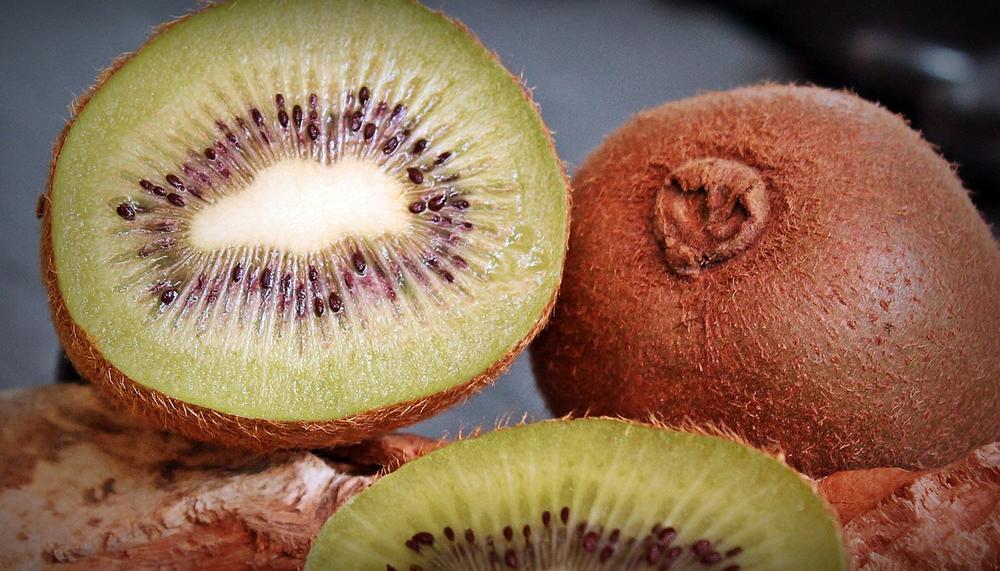Can Cats Eat Kiwi? Are These Fruits Harmful or Good for Them?

Ever feel that nagging sense of worry when it comes to your feline friend's well-being?
Like, what if they accidentally munch on something they shouldn't?
It's enough to make your heart skip a beat.
And what if that forbidden food is...
Kiwi? 🥝
Yeah, we're going there.
But don't fret, friend.
I've got your back.
Let's dive into the truth about whether cats can safely indulge in this tangy fruit.
Are you ready?
Let's find out together.
Risks and Potential Dangers of Feeding Kiwi to Cats
When it comes to giving kiwi to your cat, there are a few things you need to please keep in mind.

Here are 10 precautions that will help you keep your feline friend safe:
- If your cat is allergic to fruit, don't give them kiwi.
- Be careful if your cat has had bad reactions to exotic fruits before.
- Kiwi can trigger serious allergies in sensitive cats because of something called actinidin.
- Always wash kiwi properly to get rid of any chemicals or pesticides.
- Remember that kiwi has a lot of sugar which can cause tooth problems, obesity, diabetes, and heart disease in cats.
- Giving your cat too much kiwi can lead to tummy troubles like diarrhea and dehydration, especially because it's high in fiber.
- The skin of kiwis can irritate cats and also be a choking hazard, so peel it off before feeding it to them.
- Only give your cat small amounts of kiwi as a special treat, following the 10% rule for treats in their diet.
- Keep a close eye on your cat when you introduce kiwi to see if they have any negative reactions.
- Remember, moderation is key when it comes to adding kiwi to your cat's menu.
By adhering to these principles, you'll ensure your cat's wellbeing and allow them to safely relish a bit of kiwi. 😺
Main points I'll expand upon further down this article:
- Kiwi is high in minerals, vitamins A and C, and dietary fiber, providing nutritional benefits for cats.
- The fiber in kiwi aids digestion and weight control, while vitamin C improves coat health.
- Kiwi seeds have higher concentrations of nutrients compared to the flesh.
- Kiwi can help keep cats hydrated and provide supplementary vitamins and minerals.
- Feed kiwi to cats in moderation with the skin removed, as a treat rather than a staple food.
- Incorporate kiwi into a cat's diet by mixing it with regular food or homemade cat food.
- Cats may not enjoy the sweet flavor of kiwi due to different taste receptors.
- Some cats may experience digestive issues or allergic reactions to kiwi, so monitor their response closely.
- Joining a cat lover community on Facebook can provide opportunities to share experiences and ask questions.
- Alternative fruits like bananas, blueberries, and watermelon can offer variety and nutrition for cats.
Now that we've explored the risks and potential dangers of feeding kiwi to cats, you may be wondering if there are any benefits or nutritional value to consider.
Well, let me tell you, there's more to this sweet and fuzzy fruit than meets the eye!
Let's dive into the fascinating world of kiwi nutrition and how it can actually be beneficial for your feline friend...
Potential Benefits of Kiwi for Cats
Here's why kiwi can be good for your cat:
- Kiwi helps with protein digestion. The enzyme in kiwi called actinidin breaks down proteins, which is great if your cat has problems digesting proteins.
- Kiwi is nutritious. It's full of minerals, vitamins A and C, and dietary fiber. The fiber keeps their digestive system healthy and helps with weight control. Vitamin C protects cells and makes your cat's coat look nice.
- Kiwi seeds are packed with nutrients. They have even more essential stuff compared to the flesh of the fruit. You can mix the seeds into their regular food or put them in homemade cat food for extra nutrition.
- Some cats might like the taste. Kiwi is sweet, but cats have different taste buds. So, while most may not enjoy it, some might actually like it. Give it a try and see how they react.
- Adding kiwi to their diet: Chop it up and mix it with their normal food or use it as a treat. Just remember to use it in moderation and take off the skin. Kiwi shouldn't replace meat as the main part of their diet.
Plus, the smell of kiwi vine can be interesting to cats, making it a fun sensory experience for them.
As a whole, kiwi can be a healthy and tasty treat for cats, as long as you're mindful of their dietary needs.

Plus, if you're interested in exploring more about cats and their taste preferences, I recommend checking out my article Can Cats Eat Strawberry.
This comprehensive guide will provide you with all the information you need to know about feeding strawberries to your feline friend.
Discover if it's safe and find out more about incorporating this fruit into their diet.
Don't miss out on this valuable resource for all cat owners!
Understanding a Cat's Digestive System
Cats, being obligate carnivores, have a digestive system designed for animal protein. Their short digestive tract efficiently processes the meat they eat, echoing their true carnivorous nature.
Unlike humans, cats cannot taste sweetness. Kiwis and other sweet foods remain flavorless to them.
This inability to perceive sweetness is due to their genetic makeup, which differs from ours.
So, if you were thinking of sharing that juicy kiwi with your furry friend, think again.
They won't be able to enjoy its sweetness like you can.
So, if you were thinking of sharing that juicy kiwi with your furry friend, think again.
They won't be able to enjoy its sweetness like you can.
But don't worry, I have you covered! If you want to learn more about what your cat can and can't eat, I highly recommend checking out my article Can Cats Eat Coconut.
Signs of Allergic Reactions or Digestive Issues in Cats
To recognize signs of allergic reactions or digestive issues in cats after consuming kiwi, pay close attention to these 10 indicators:
- Vomiting after eating kiwi.
- Diarrhea following kiwi consumption.
- Excessive scratching and itching.
- Swelling in the face or body after ingesting kiwi.
- Allergies can manifest differently in cats.
- Cats may experience digestive problems when eating kiwi.
- Take precautions by introducing kiwi gradually and in small portions.
- Observe your cat for any potential allergies or adverse reactions.
- Gastrointestinal complications are common with kiwi allergies in cats.
- Watch for symptoms even if your cat has had kiwi before.
With these signs in mind, closely monitor your furry friend's reactions when kiwi is introduced into their diet.
By doing so, you can ensure their health and well-being while enjoying this delicious fruit.

But what if your cat doesn't take well to kiwi?
Don't worry, there are plenty of other fruit options that can still provide essential nutrients... Read on to discover alternative fruits and join a community where you can learn from fellow cat lovers.
Trust me, you don't want to miss out!
Alternative Fruits for Cats to Enjoy
Bananas: a good alternative to kiwi
When it comes to expanding your cat's menu, consider offering them bananas instead of kiwi. They are tasty and filled with necessary nutrients like potassium, vitamin C, and dietary fiber. Just bear in mind that bananas have high sugar levels, so give them as a special treat in moderation.
Join a community of cat lovers on Facebook
If you want more ideas and advice about fruits for cats, why not join a Facebook group for cat enthusiasts?
These communities provide a supportive environment where you can share experiences, ask questions, and learn from others who have already explored fruity treats for their feline friends.
By joining, you'll gain access to valuable knowledge and firsthand experiences to help you decide which fruits are safe and beneficial for your cat.
Blueberries and watermelon: extra variety and nutrition
Want to add some excitement to your cat's diet?
Try including blueberries and watermelon, but remember to do so in moderation.
Blueberries are packed with antioxidants and offer a burst of flavor that your furry friend will love.
Just ensure to wash them thoroughly before serving.
Watermelon, on the other hand, is not just a delicious summertime treat. It also provides hydration and additional vitamins for your cat.
Simply remove any seeds or rind before serving.
These alternative fruits can be a healthy addition to your cat's diet, ensuring their in essence well-being.
So go ahead and introduce some variety – everything in moderation!
And that wraps up today's article.
If you wish to read more of my useful articles, I recommend you check out some of these: Can Cats Eat Spinach, Can Cats Eat Basil, and Can Cats Drink Coconut Water
Talk soon,
-Sarah Davis